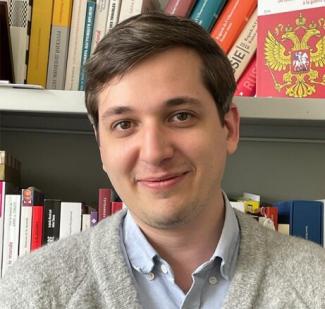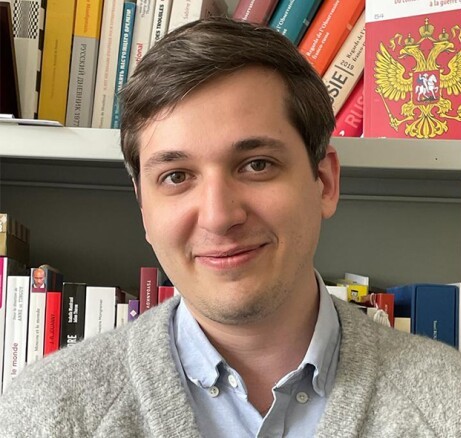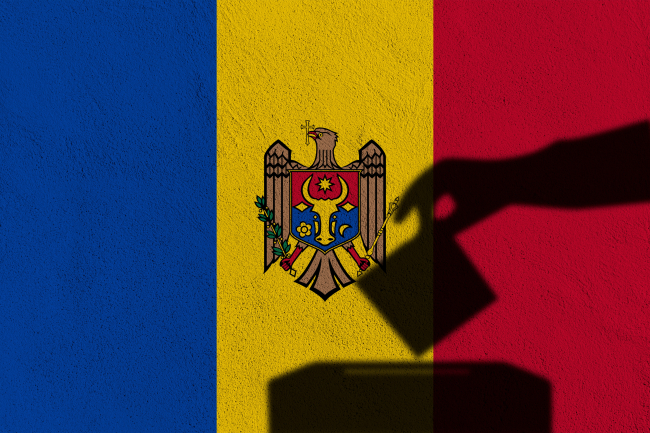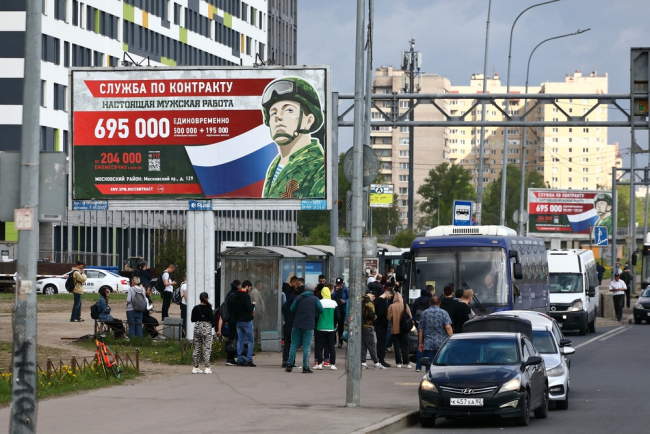Russia's Invasion of Ukraine: A Political-Strategic Break?

On February 24, 2022, eight years after deploying an integrated military and non-military indirect strategy against Kiev, Vladimir Putin decided to initiate an open war against Ukraine.

The launching of this war may have seemed paradoxical insofar as the Russian military-political elites have, for the past thirty years, conceptualized and promoted the bypassing of the interstate armed struggle in order to achieve political objectives considered vital. This raises the question: did Russia's president choose to start this war after careful consideration, or was it a snap decision? In any case, Russia's decision to invade Ukraine also questions the cognitive frameworks of the actors who devise and lead Moscow's strategies. With their radically hostile perception of the strategic environment, Russia’s military-political elites are susceptible to acting in ways that are unpredictable, impulsive and, ultimately, counterproductive.
Dimitri Minic is a Research Fellow at Ifri’s Russia/NIS Center. He holds a PhD in History of International Relations from the Sorbonne University (2021).
Download the full analysis
This page contains only a summary of our work. If you would like to have access to all the information from our research on the subject, you can download the full version in PDF format.
Russia's Invasion of Ukraine: A Political-Strategic Break?
Related centers and programs
Discover our other research centers and programsFind out more
Discover all our analyses
How the Russian Army Changed its Concept of War, 1993-2022
The traditional and high-intensity war that has occurred in Ukraine since Russia decided to invade raises a key issue: did post-soviet Russian strategic thought really prepare Russia for waging this war?
Russia's Nuclear Deterrence Put to the Test by the War in Ukraine
From the outset of its “special military operation” (SVO) against Ukraine on February 24, 2022, Russia, which possesses one of the world’s largest nuclear arsenals, has adopted aggressive deterrence measures and a resolutely menacing rhetorical stance.
Moldova's Crucial Parliamentary Election. What's at Stake?
On the occasion of Moldova’s National Day, August 27, 2025, Chișinău hosted a high-level European delegation composed of Emmanuel Macron, Friedrich Merz and Donald Tusk, who sought to reaffirm their support for the country’s sovereignty and pro-European course. This unprecedented and highly symbolic visit took place at a pivotal moment. Moldova is preparing for decisive parliamentary elections on September 28, whose stakes extend far beyond the national framework.
War as Social Elevator: The Socioeconomic Impact of Russian Military Keynesianism
In order to finance its war effort, the Russian state has spent substantial sums of money and implemented a form of “military Keynesianism” that is transforming society at both the socioeconomic and cultural levels. This has partially rebalanced the wide disparities in wealth, levels of consumption, and social prestige in Russian society by granting significant financial and symbolic advantages to peripheral Russia, which has long been overlooked by the central government.











